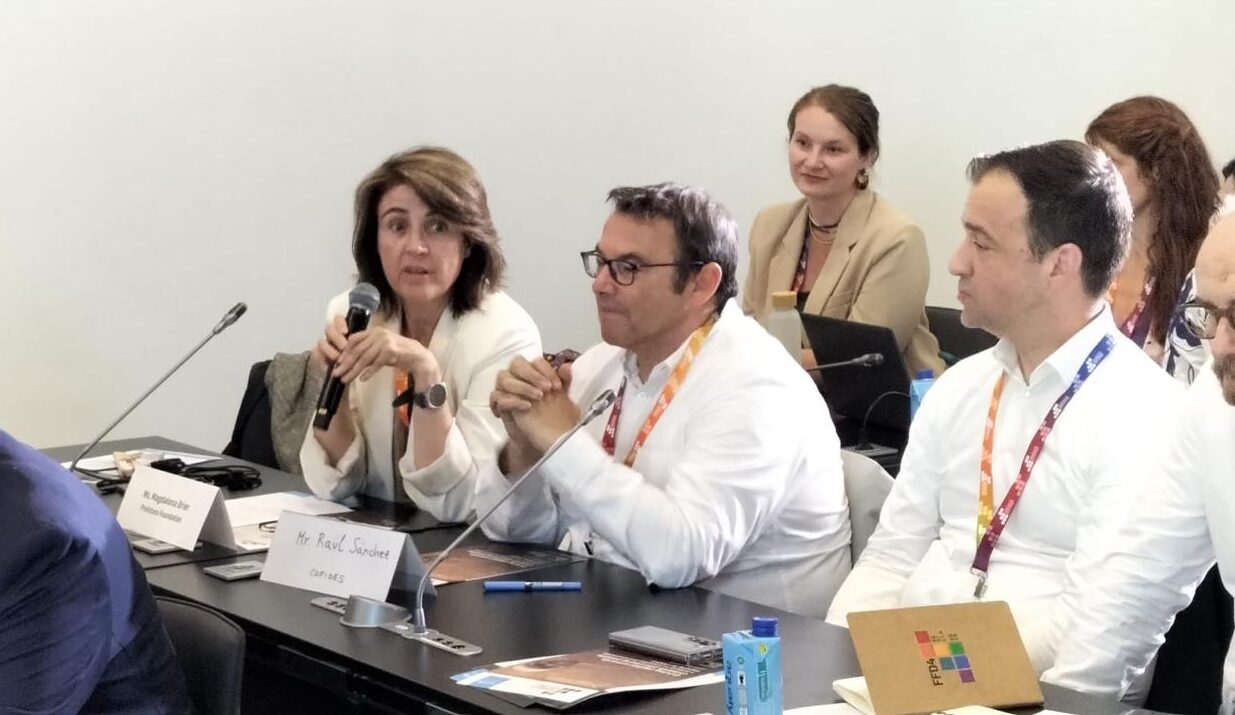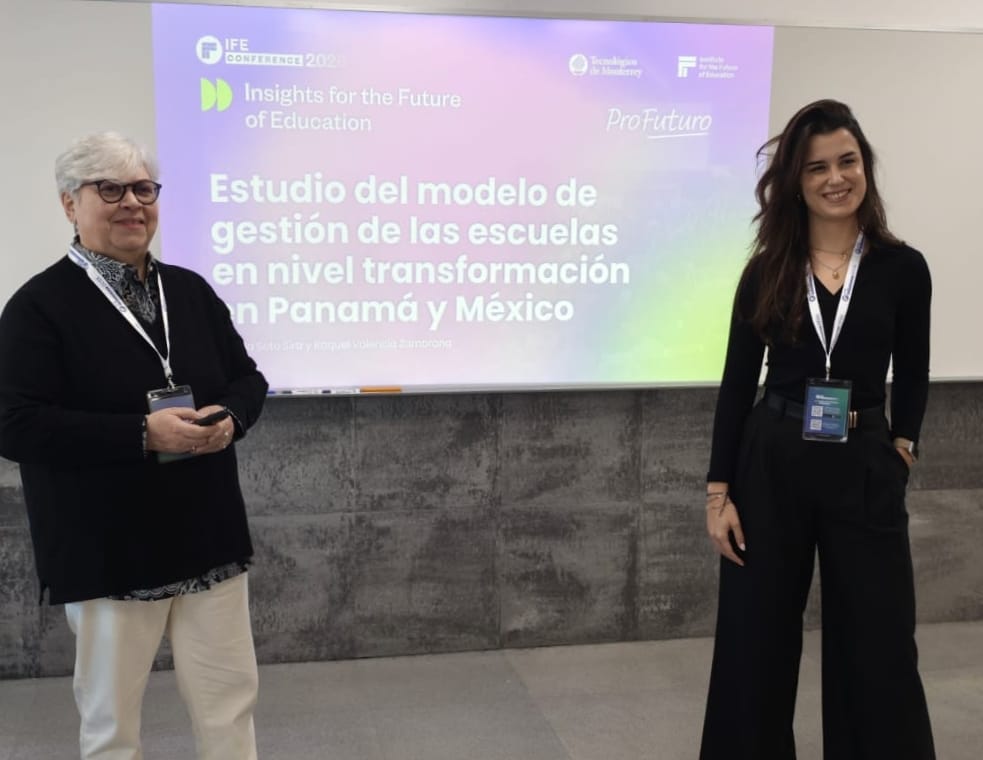The 4th International Conference on Financing for Development (FfD4) started in Seville on 30 June. For four days, heads of state and government, ministers of finance, foreign affairs and development cooperation as well as other representatives gathered to discuss how to boost investment in sustainable development, address the debt crisis affecting some of the world’s poorest countries and help them find their voice in the international financial architecture.
The meeting aimed to strengthen ongoing work in these areas. In particular, it sought to ensure that the work is applicable to children and that their results are also at the heart of policies and strategies. Hence the added value of UNICEF’s involvement. In collaboration with its partners, the organisation works to
analyse public budgets, identify social spending priorities or seek innovative financing mechanisms to engage the private sector in leveraging resources for children.
ProFuturo was also present at this meeting. As Magdalena Brier recalled, according to UNESCO, there are 272 million out-of-school children in the world. Lack of access to quality education has devastating consequences, perpetuating poverty, inequality and underdevelopment. In her speech, the general director of ProFuturo shared some of the figures that have resulted from the programme after almost a decade of existence:
- More than 300 million euros invested in over 30 countries
- 1.8 million teachers trained
- 5.1 million students directly benefited
- 60% of teachers trained under the ProFuturo programme show an improvement in their digital skills and knowledge.
- As for the students, they show evidence of an improvement in their academic performance according to national standardised tests in the schools where ProFuturo has been present.
‘We need more collaboration between all actors investing and working in education: public-private partnerships that complement each other,’ Brier said at the end of his speech. ‘We need to invest more and more efficiently in education: that is, we need to invest in proven, evidence-based interventions. We cannot leave anyone behind.’






